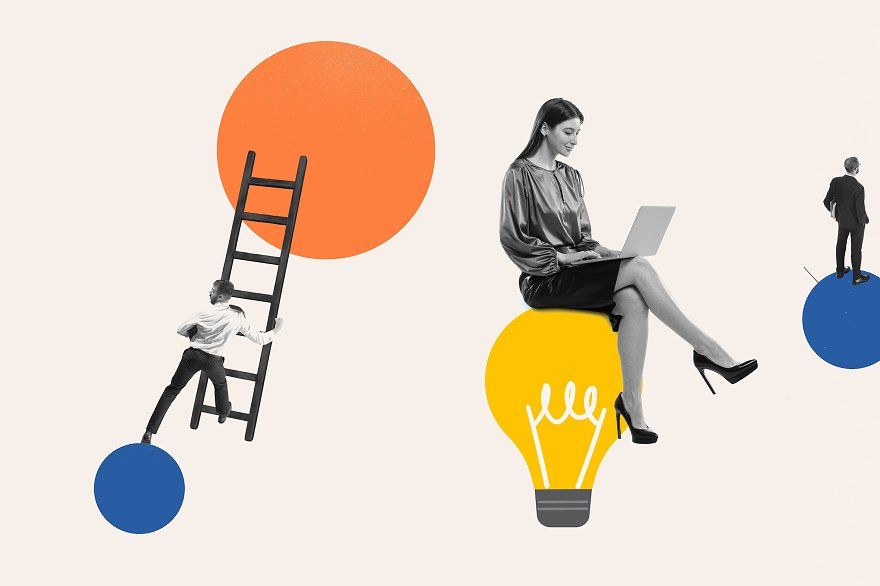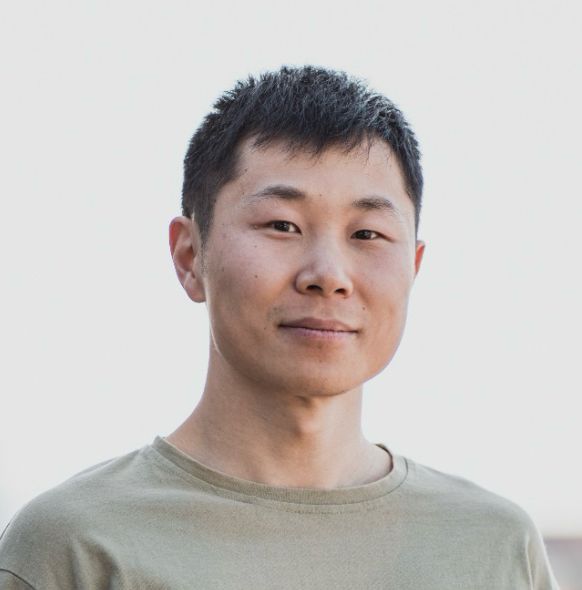How AI is Changing the Future of Job Descriptions

In a world rapidly evolving with artificial intelligence (AI), the future of work is being reshaped before our eyes. From automation to intelligent decision-making, AI is not only transforming how we work but also redefining what jobs look like—starting with the job description itself.
Introduction: The Shift is Already Here
AI is no longer just a buzzword or a distant future concept. It’s here, and it’s altering the workforce in profound ways. As companies adopt AI technologies across industries, job roles are shifting. The traditional job description—once a static list of tasks—is evolving into a dynamic blueprint for hybrid human-machine collaboration.
1. AI-Driven Roles Are Emerging
With the rise of AI, entirely new job titles are entering the marketplace:
- AI Ethicist
- Prompt Engineer
- Machine Learning Operations (MLOps) Specialist
- Data Annotator
These roles require unique skill sets, blending domain expertise with an understanding of AI technologies. As businesses adapt, job descriptions are evolving to reflect these hybrid skill requirements.
2. Soft Skills Are Becoming Central
AI excels at data-driven tasks, automation, and pattern recognition. But it can’t replace emotional intelligence, creativity, or critical thinking—at least not yet. As a result, job descriptions now emphasize soft skills more than ever. Employers seek candidates who can work alongside AI tools, solve complex problems, and bring a human touch to technology-driven roles.
3. Continuous Learning Is Non-Negotiable
AI changes fast—and so do the tools and platforms associated with it. Future job descriptions increasingly highlight the need for lifelong learning, adaptability, and digital literacy. Certifications, micro-credentials, and online courses are being integrated into job expectations, signaling a shift from fixed qualifications to continuous upskilling.
4. Roles Are Becoming More Strategic
As AI handles repetitive or manual tasks, human roles are shifting toward strategy, innovation, and oversight. For example:
- Instead of “data entry clerk,” we now see “data quality analyst” or “automation coordinator.”
- A “customer service agent” might become a “customer experience strategist” working in tandem with AI chatbots.
Job descriptions reflect this change, focusing less on execution and more on strategic thinking and decision-making.
5. Transparency and Ethics Take the Spotlight
As AI systems impact hiring, performance evaluation, and even workplace behavior, job descriptions are starting to include ethical considerations. Roles increasingly call for understanding AI’s impact on society, fairness, bias mitigation, and transparency. This trend is especially notable in tech, HR, legal, and compliance positions.
Conclusion: Adapting to the New Normal
The future of job descriptions is not just about technology—it’s about how people and AI can work together effectively. For employers, this means writing clearer, forward-thinking descriptions that attract adaptive, AI-literate talent. For job seekers, it means staying agile, continuously learning, and embracing the AI revolution.
AI is not eliminating jobs—it’s transforming them. And the first sign of that transformation? It’s in the job description.








